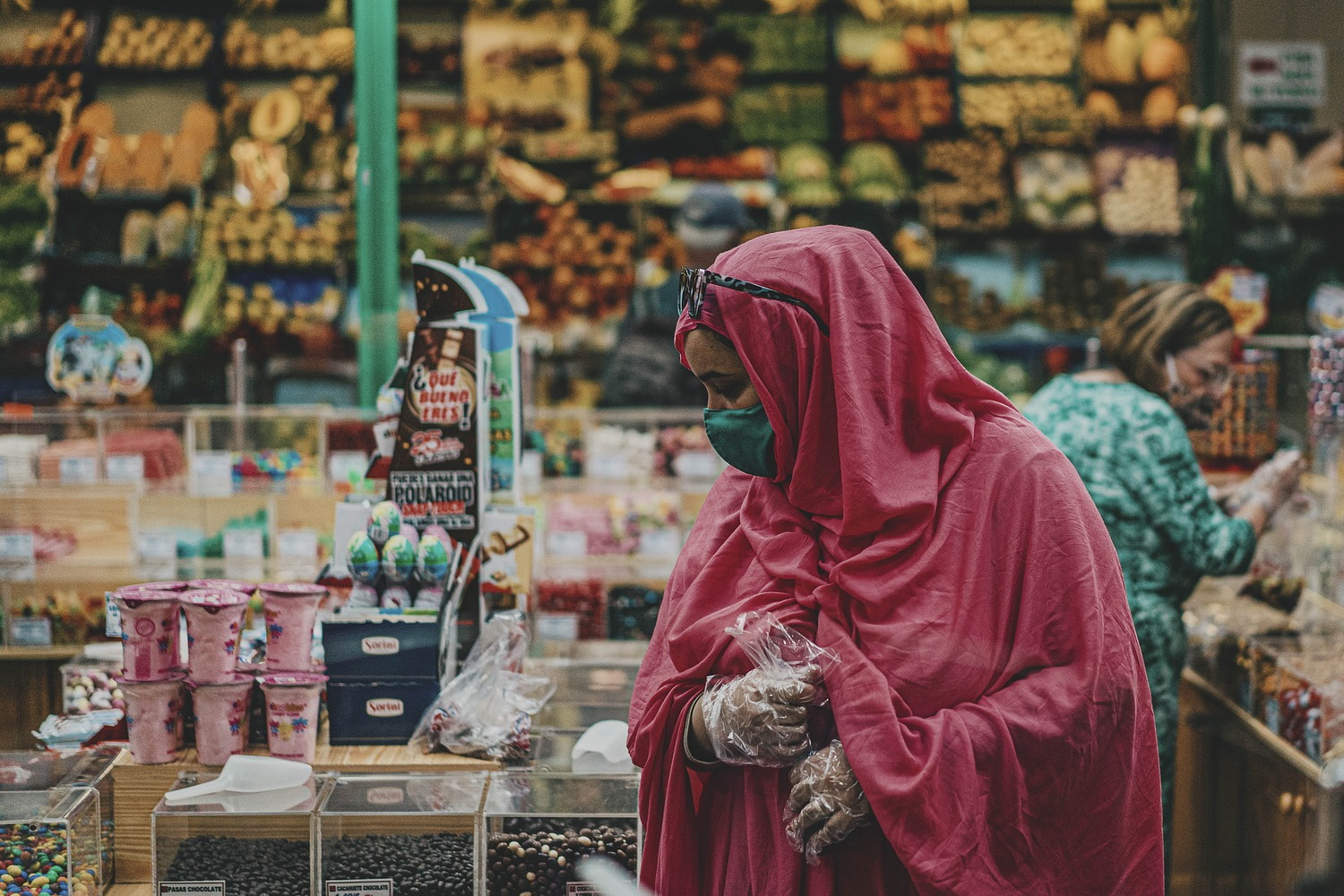A weekly round up of articles about employment, the labour market, skills training and workforce development. This week’s round up is drawn from The Daily Star. Here is the news for the week ending 12th November 2020.
This Week in the Bangladesh English News…

…the Business Confidence Index reflects how the Bangladesh business community feels. A report examines indigenous communities and poverty. New digital measures are designed to ensure authentic audits. And experts question whether a change in the U.S presidency will affect US-Bangladesh relations.
Education and Labour Market
Indigenous people in Bangladesh experience higher rates of poverty than the national rate according to the results of a study by Manusher Jonno Foundation. The author’s of the study, “‘Understanding the Dynamics of Livelihood of the Indigenous Population: Chittagong Hill Tracts and Plain Land”, revealed their conclusions via webinar: indigenous people are on average poorer than their fellow citizens due to a lack of education and job opportunities.
Major changes to the national curriculum in 2022 are now under review. An outline of the new curriculum proposes scrapping the business, humanities and science tracts at the secondary level and making changes to the formats of the JSC, SSC and HSC exams.
About 39 percent of migrant workers’ families had no income during the months of April, May and June. Although, in November, there were no families that persisted to have no income; this is according to a new survey from Karmojibi Nari, Manusher Jonno Foundation and UK Aid. The report is not available online at the time of writing.
An estimated 1,200 Bangladeshi workers, investors and their families who have returned from Bahrain amid the pandemic are uncertain about their return to the small Middle-Eastern country. Other Bangladeshis with valid visas are able to return, but this subgroup faces uncertainty as many have expired visas and the Bahrain government continues to uphold a suspension of new visas for such Bangladeshis.
Financial Services
Transparency International Bangladesh surveyed some 1,000 beneficiaries of government cash assistance for the poor, and another 900 open market sale card holders. Based on survey participants reports, about 80 percent eligible for cash assistance and 66 percent with OMS cards faced corrupt practices when trying to obtain their benefits. TIB revealed these findings in a in a virtual press briefing, titled “Governance Challenges in Tackling Coronavirus [Part II]”.
A new online system aims to detect fake audits as some 19,000 audits a year appear suspicious; the Institute of Chartered Accountants of Bangladesh (ICAB) reported its members only handle about 16,000 audits a year while the National Board of Revenue (NBR) receives 35,000 audits. ICAB and NBR are expected to inaugurate the new Document Verification System on 12 November.
Business, Investments, Trade and Growth
Will a change in the US presidency affect US-Bangladesh trade? It’s unlikely trade benefits for Bangladesh will result from the change in power, said experts. There may, however, be other opportunities.
While business confidence has increased in recent months, there is fear an increase in infections could decrease economic activity. The Business Confidence Index by the South Asian Network on Economic Modeling (SANEM) increased from 51 in July-September to 55 in October-December. (One hundred representing the highest levels of confidence.) Businesspeople are reportedly observing the situation with caution and fear of a “second wave”.
Farmers and Agriculture
Reporters observed that some wholesalers and retailers in the capital have stopped selling potatoes, as the staple item dramatically increased in price and was made subject to government price controls. Last year, the price per a kg was Tk 23-25; nowadays the retail price is Tk 50 or more, but the government has fixed the price at Tk 30.
Other News
The potential Covid-19 vaccine produced by Pfizer Inc. has shown to be 90 percent successful in trials. The vaccine is expected to get emergency authorization for use in the U.S., although some questions remain and vaccinations will not start until next year. Furthermore, supply will be limited; Pfizer reports they can manufacture 1.3 billion doses in 2021. Other vaccine developers may still come forward with vaccines to meet the global demand.